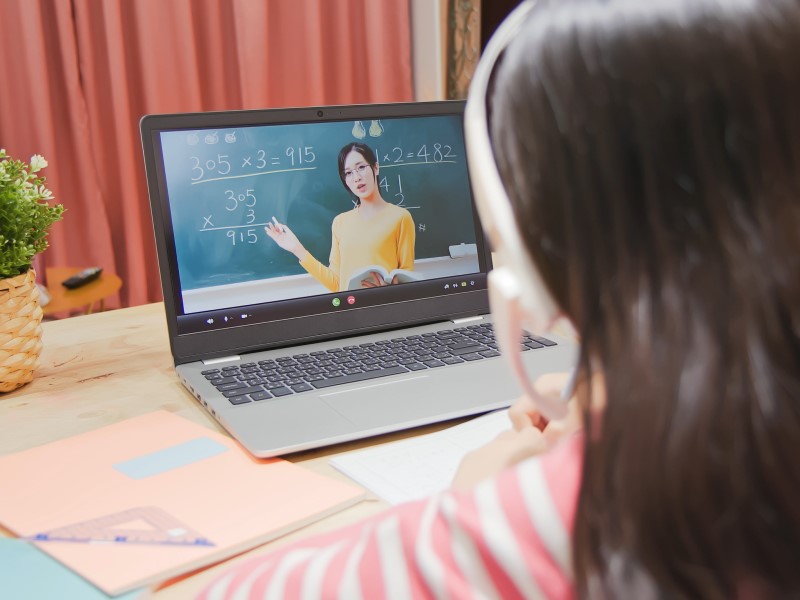

With the Omicron coronavirus variant prompting school closures and a return to remote learning in several provinces, flexibility is key for employers supporting parents of school-age children, says Kim Siddall, vice-president of enterprise consulting for the west at People Corporation.
“This means being flexible with the changing environment, because things are shifting without a lot of notice and allowing employees, if possible, to flex their schedule. For example, if they need to take breaks in the middle of the day or stretch their day out or coordinate with another parent for coverage.”
Read: How Accenture’s supporting working parents as third pandemic-era school year kicks off
In Manitoba, Ontario, Quebec, New Brunswick, Nova Scotia, Prince Edward Island and Newfoundland and Labrador the reopening of schools has been delayed until at least Jan. 17, with students in these provinces returning to remote learning. Students in Nunavut will remain on holiday until the reopening of schools, scheduled for Jan. 17.
While students in British Columbia, Alberta and Northwest Territories are poised to return to class on Jan. 10, calls are growing for a move to remote learning in these provinces. Saskatchewan and Yukon welcomed students back to in-person learning this week.
In addition to offering flexible work schedules, Siddall says employers can also support parents through their employee assistance programs and wellness accounts. “It’s all about taking the pressure off from other areas, such as covering online tutoring, meal delivery, snow clearing or house cleaning. . . . Employers are looking at providing allowances to offset these other costs.”
Read: Twitter supporting working parents via virtual camp, learning offerings this summer
And while many students may know what to expect with a return to remote learning, mental health remains a top priority for parent and child alike, says Siddall. “An EAP is a good start because it’s available to dependants. There’s also psychology benefits that, depending on what’s covered, can include social workers or clinical counsellors. There’s going to be some situational depression, but for many kids it’s not their first pivot. They’re probably getting tired of [remote learning], but they know it will end.”
